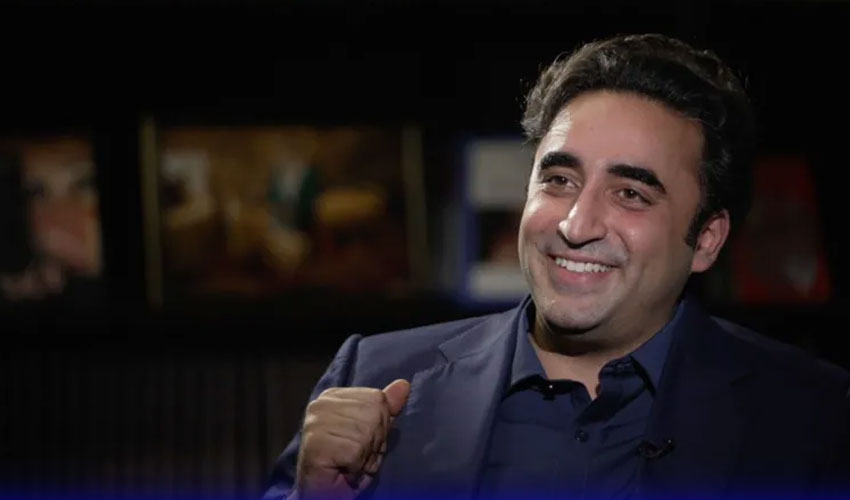The conclusion of the election campaign marked a pivotal moment as Bilawal Bhutto Zardari, chairman of the Pakistan People’s Party (PPP), reflected on the campaign trail and outlined key aspirations for the nation's future.
Expressing his disappointment, the PPP chairman disclosed that despite his challenge, the anticipated debate between himself and the prime ministerial candidate of the Pakistan Muslim League-Nawaz (PML-N) did not materialize.
He reiterated his commitment to fostering unity and ending divisive politics in the country, emphasizing the pivotal role of the electorate in shaping the government's composition.
Acknowledging the significant contribution of his sister, Aseefa Bhutto, in the election campaign, Bilawal Bhutto clarified that she harbors no ambitions for a governmental role. Instead, the focus remains on implementing transformative policies, including the construction of 20 lakh houses for flood victims in Sindh and empowering women with ownership rights.
Underscoring the party's manifesto, Bilawal Bhutto emphasized the importance of equitable distribution, land reforms, and regularizing slums across Pakistan. Despite differences highlighted during the campaign, he underscored his amicable working relationship with Shahbaz Sharif, clarifying the improbability of participating in a government led by Nawaz Sharif.
Addressing political vendettas, Bilawal Bhutto affirmed the party's stance of refraining from political persecution, emphasizing respect for political workers and advocating for reconciliation as the path forward.
Zardari concluded by emphasizing the importance of "reconciliation" as the one truth, signaling his willingness to work towards unity despite past differences. Whether his call will be heeded remains to be seen, but it's a notable shift towards cooperation in a politically charged atmosphere.



























